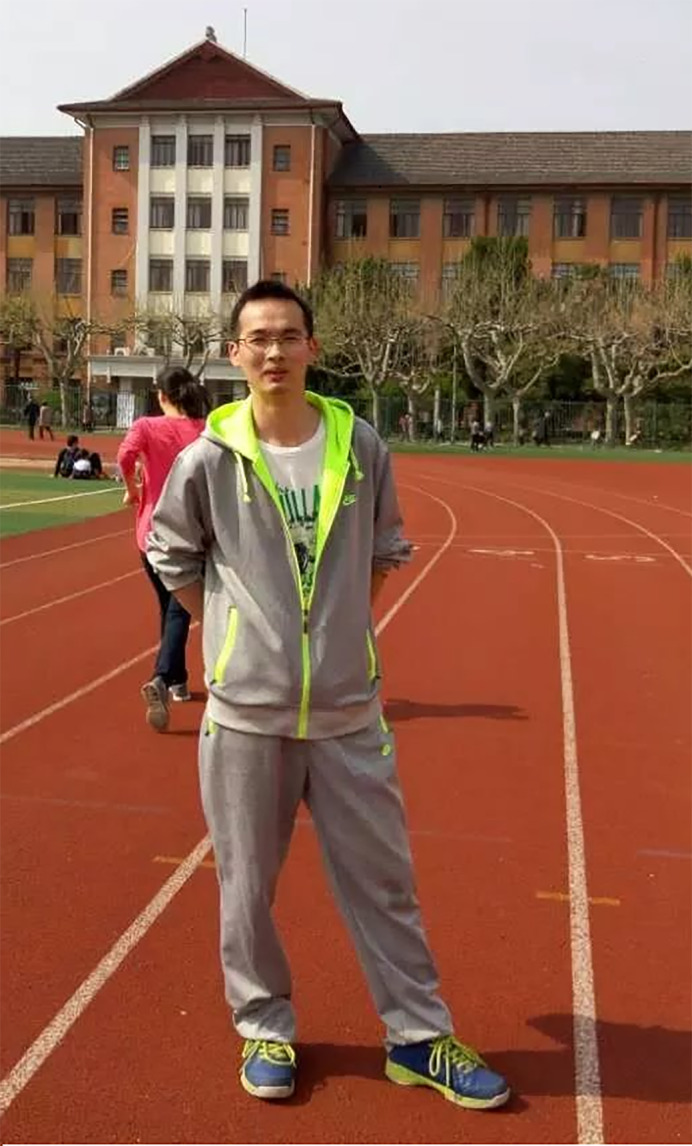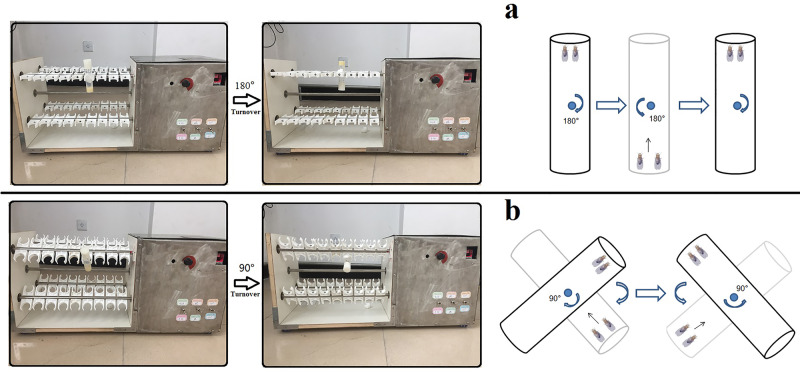ABSTRACT
First Person is a series of interviews with the first authors of a selection of papers published in Biology Open, helping early-career researchers promote themselves alongside their papers. Deng-Tai Wen is first author on ‘Endurance exercise protects aging Drosophila from high-salt diet (HSD)-induced climbing capacity decline and lifespan decrease by enhancing antioxidant capacity’, published in BiO. Deng-Tai conducted the research described in this article while a PhD student in the sports science-exercise, aging and genetics lab at Ludong University, Yantai, China, investigating the role of exercise in medicine.

Deng-Tai Wen
What is your scientific background and the general focus of your lab?
My scientific background is in sports science, and the general focus of my lab is exercise, aging and genetics.
How would you explain the main findings of your paper to non-scientific family and friends?
In humans, as in fruit flies, excessive consumption of salty foods can cause disease and death, but exercise can protect us from disease and death induced by salty food.
What are the potential implications of these results for your field of research?
I think that it could lead to more genes and molecular pathways associated with exercise promoting health being discovered.
What has surprised you the most while conducting your research?
What has surprised me the most is that genetic factors play a regulatory role in exercise adaptation.
What, in your opinion, are some of the greatest achievements in your field and how has this influenced your research?
Exercise and nutrition play an important role in the regulation of aging, while heredity plays a key role in this process. I will gradually move from the study of overall aging to the study of tissue and organ aging.
Exercise training device. (A) For young and adult flies, vials were vertically loaded in the exercise device, and rotated 180° to make flies constantly climb (just as Power Tower, overcoming weight = total body weight). (B) For aged flies (categorised as 4-week to 5-week-old flies in this study), vials were loaded in the exercise device, their long axis is at an angle of 45° to the horizontal plane (overcoming weight = total body weight×sin45°). When aged flies climbed and reached the top of vial, the vial was rotated 90° to make flies constantly climb.
What changes do you think could improve the professional lives of early-career scientists?
I think it's important for early-career scientists to make sure that they remember that practice and taking care while conducting experiments will lead to many new discoveries.
What's next for you?
Following on from my work in this paper, I am looking at researching the roles of the salt gene and exercise in the aging processes of the heart, skeletal muscle and the brain.
Footnotes
Deng-Tai Wen's contact details: Ludong University, Yantai 264025, Shan Dong Province, China.
E-mail: dt.wen@foxmail.com
Reference
- Wen D.-T., Wang W.-Q., Hou W.-Q., Cai S.-X. and Zhai S.-S (2020). Endurance exercise protects aging Drosophila from high-salt diet (HSD)-induced climbing capacity decline and lifespan decrease by enhancing antioxidant capacity. Biology Open 9, 045260 10.1242/bio.045260 [DOI] [PMC free article] [PubMed] [Google Scholar]



